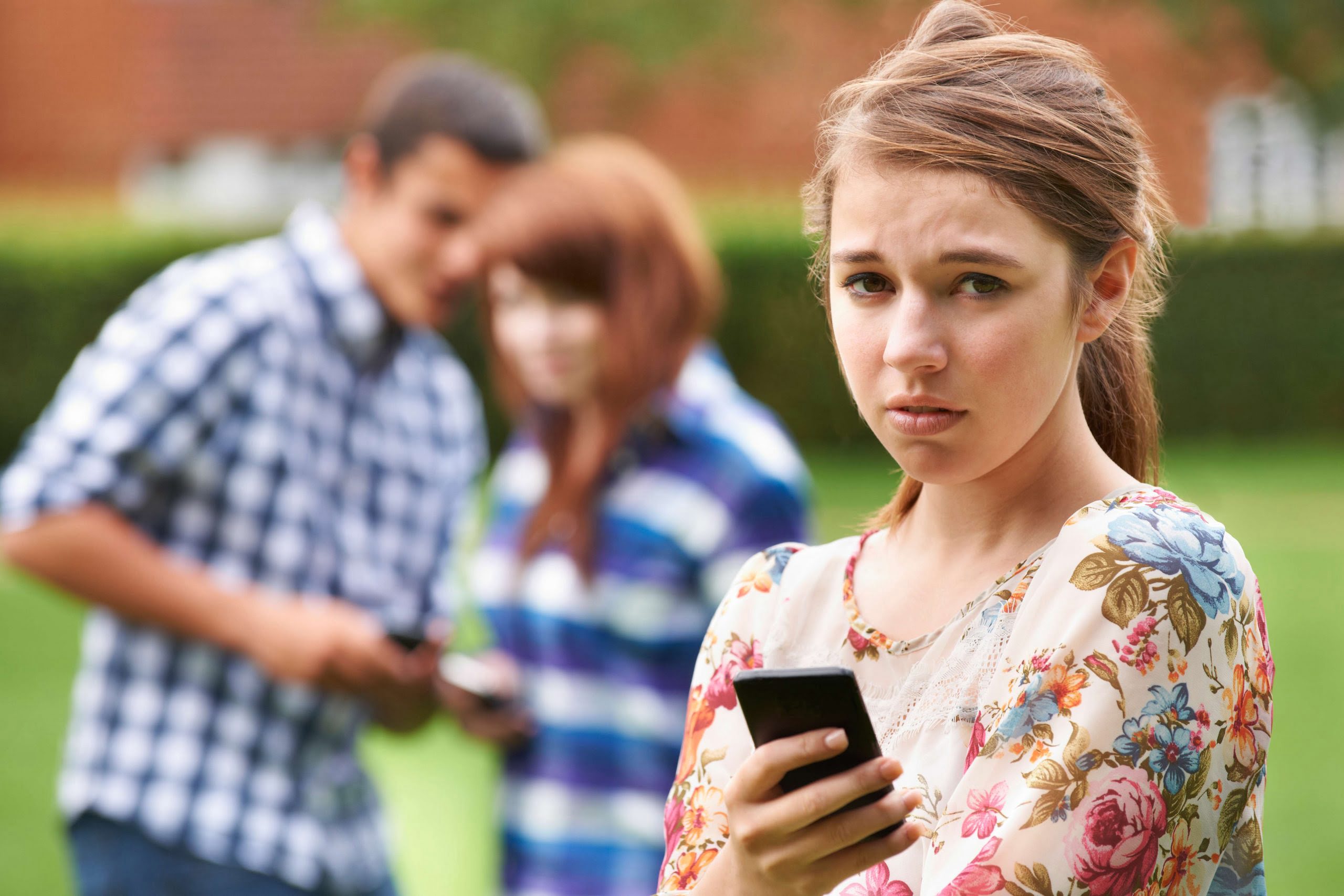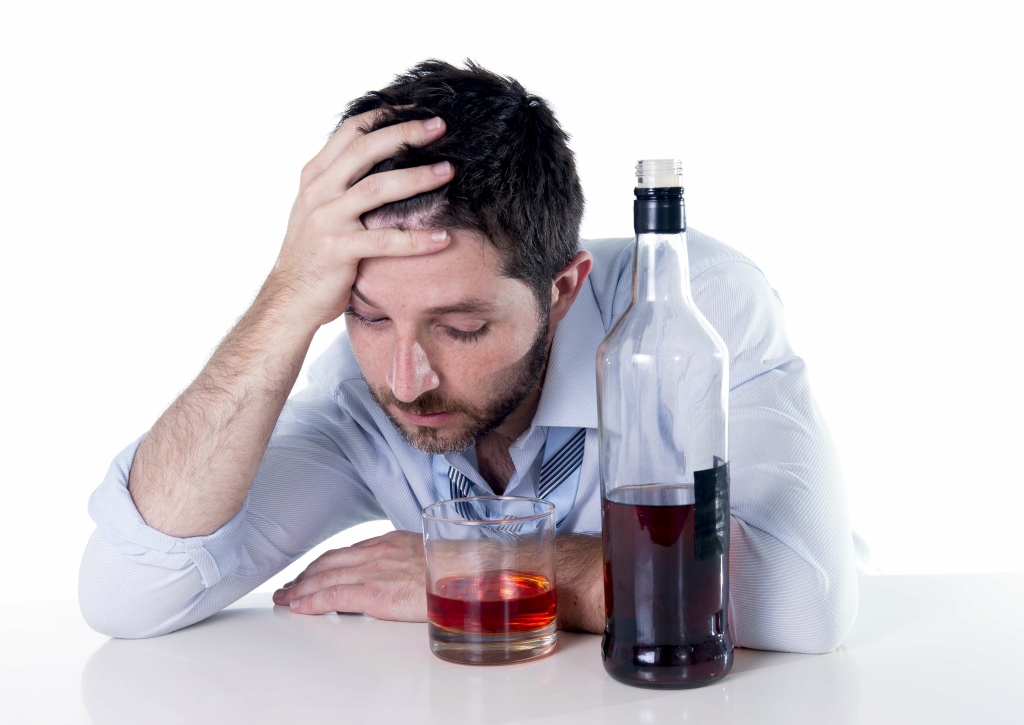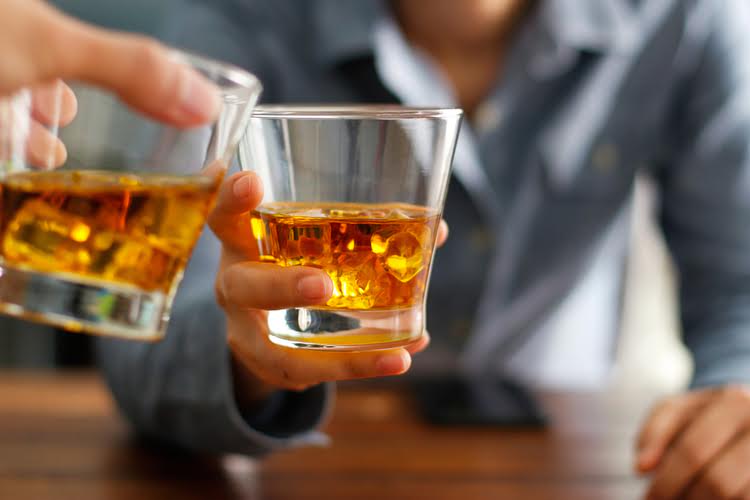The same is true if you find that some types of alcohol trigger your migraine headaches more than others. Avoiding migraine triggers is one of the only sure-fire ways to avoid migraine symptoms. Early effects of alcohol can dull sensations and have an analgesic effect, but as alcohol leaves the body it can have the opposite effect and actually increase sensitivity to pain. Some studies have reported that alcohol can trigger a migraine headache in people who are sensitive to it in as little as 30 minutes — or it could take 3 hours. Understanding the relationship between alcohol and headaches can empower individuals to make informed choices about their alcohol consumption. One of the key culprits behind alcohol-induced headaches is the way alcohol affects blood vessels in the brain.

How to Get Rid of a Cocktail Headache

If you’re not already working with a headache doctor, use our Find a Doctor tool to find someone in your area. Plan to discuss the FDA’s safety guide for medication use during pregnancy. Pregnancy can add another complicated layer to your migraine journey, but having a strong support system will make it easier to navigate the https://www.srpa.ru/sobytiya/konferencziya/356-xiii-annual-stavropol-conference-official-account.html ups and downs.
Q: Can individual food sensitivities cause alcohol-related headaches?
If you experience migraine headaches after drinking alcohol, it may be best to avoid alcohol. Talk with a doctor about ways to identify your migraine triggers and what to do if you develop these headaches. Assessment of alcohol consumption is challenging, because the results are dependent on the patient’s honesty. Patients sometimes have a tendency not to admit their drinking habits 90.

Healthline Lessons
Nineteen studies used questionnaire methods to assess drinking 36, 44–59, 61, 62. However, in other countries (France, Italy) white wine (in France also champagne) is viewed as the major culprit 5, 6. In addition, another study reported a surprisingly higher correlation of spirits and sparkling wine to migraine attack, compared to other alcoholic drinks. Low doses of alcohol during meals significantly lower the frequency of induced-attacks and the alcoholic consumption during stress was related to higher migraine attack frequency 37. While some report beer as a trigger 19, 24, others found http://sarov.net/f/politics/?t=1930 no association 30, 31, 34, 37.
How to avoid or treat alcohol-related headaches
- When enjoying a night out on the town, there are several triggers you may expose yourself to including bright flashing lights, loud music, food and alcohol.
- If migraine headaches continue to cause you grief, look beyond home remedies.
- Staying hydrated and keeping alcohol consumption to a minimum can decrease the chance of experiencing a headache.
- Some people may experience an alcohol-related migraine between 30 minutes and 3 hours after drinking.
- Always drink responsibly—which includes minimizing the chances that alcohol will affect your migraine.
Histamine intolerance, which results from a disequilibrium of accumulated histamine and the capacity for histamine degradation, has been recently reviewed 41. Many foods are considered to have the capacity to release histamine from tissue mast cells, even if they themselves contain only small amounts of histamine. However, alcohol potently inhibited, in itself, diamine oxidase and may activate the release on histamine from mast cells. Generally, the studies on alcohol-induced headache have not carried out the distinction between the immediate and delayed alcohol-induced headache, which in migraine patients can be partially artificial and difficult to perform 8.
Top doctors in ,
- The ways describing alcohol consumption habits were variously presented in almost each study, therefore could develop the observed heterogeneity among migraine analysis.
- If alcohol is a confirmed trigger for your migraine, then avoiding alcohol is the best solution.
- While some report beer as a trigger 19, 24, others found no association 30, 31, 34, 37.
- Around 30% of people who experience recurrent migraines report alcohol as a trigger, and 10% of patients cite it as a frequent or consistent trigger.
The presence and strength of hangover symptoms were accessed using the Hangover Symptom Scale (HSS). The scale was developed and validated by Slutske et al.9 and was translated and validated to Hebrew by the researchers. Assessing the percentage of drinking occasions after which hangover symptoms occur partially https://cenzure.net/pagescat/8/216/25/ controls for differences in the frequency of drinking and allows the HSS item scores to be interpreted as hangover susceptibility or proneness. The questionnaires were filled without the presence of an interviewer, and did not include any recognizable data to assure full anonymity of the collected data. The questionnaires included demographics, headache history and characteristics, health-related habits (smoking and alcohol consumption), and hangover symptoms.
